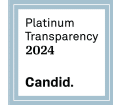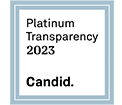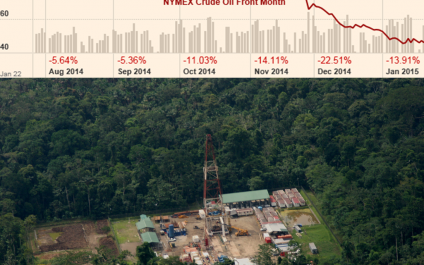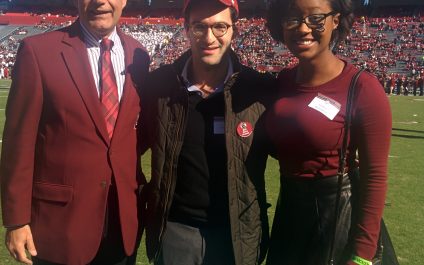Anyone who drives a car has noticed by now that gas prices have dropped dramatically in the last several months, a result of falling global oil prices. But, while that is good for our wallets, it may not be good for the communities and ecosystems surrounding oil developments worldwide.
EO Blog
EO100™ Standard to Guide Mexico-Canada Discussions on Energy Development
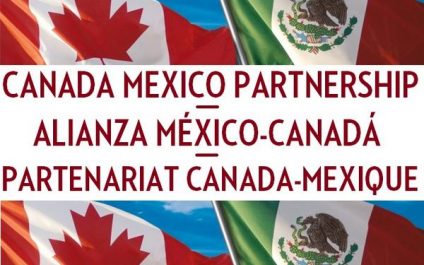
Equitable Origin’s EO100™ Standard for responsible oil and gas development will be a touchstone for discussions on energy development practices between Mexican and Canadian trade representatives this year, according to an official document.
The two nations’ shared energy interests was an area of focus at the September 2014 meeting of the Canada-Mexico Partnership’s Trade Investment and Innovation (TII) Working Group in Calgary, Canada.
EO President Tells GreenBiz.com How EO is Raising the Bar for Oil and Gas
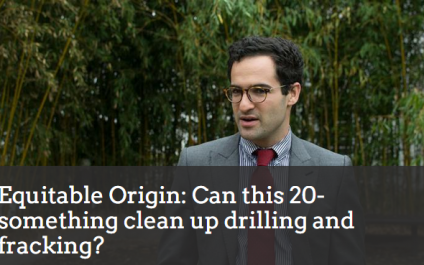
EO landed on the front page of the leading sustainable business media outlet GreenBiz.com this week. GreenBiz Chairman and Executive Editor Joel Makower interviewed EO President and Co-Founder David Poritz about EO's mission, the EO100™ Standard, and what needs to happen for the Equitable Origin System to successfully improve social and environmental practices in the oil and gas industry.
EO President’s In-Depth Interview for What Now Podcast

The independent podcast series What Now examines the world's most pressing social and environmental problems through interviews with the innovative people trying to solve them. EO's President and Co-Founder David Poritz talked with What Now's host Ken Rose last week, and the product is the December 30th episode of the podcast, available for streaming on the What Now website and for download from iTunes.
EO VP Speaks at Aboriginal Oil and Gas Forum in Canada
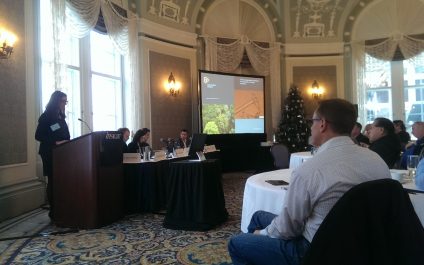
Equitable Origin’s VP of Standers & Stakeholder Engagement, Soledad Mills, was a guest speaker at the 13th annual Aboriginal Oil and Gas Forum in Edmonton, Alberta in late November. The conference brought diverse groups of stakeholders together to discuss new opportunities and platforms for indigenous communities to participate in oil and gas development in northern Canada.
EO Receives Complaint Regarding Certification of Labor Practices at Colombia Oil Site
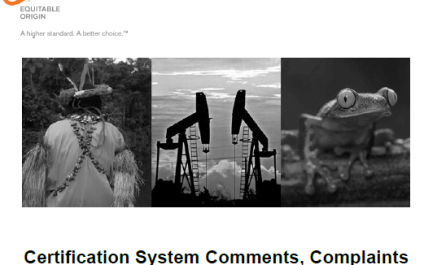
Equitable Origin has received its first official complaint, from the U.S. labor organization AFL-CIO. Submitted in the form of a letter addressed to EO’s former Chief Executive Officer Stephen Newton (now a member of EO’s Board of Directors), the complaint included claims of practices at the certified Quifa and Rubiales oil fields operated by Pacific Rubiales Energy (PRE) that violate EO100™ provisions for fair labor and working conditions.
Indigenous Group Formally Requests Adoption of EO100™ Standard by Peruvian Government
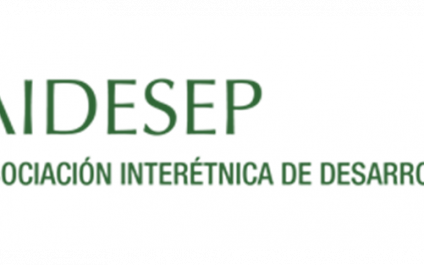
The section of the Amazon Jungle in the Peruvian state of Madre de Dios has come to be a focus of international attention as sizable oil and natural gas reserves have made the region the site of likely development activity in the near future. On top of what could be the largest oil and gas reserves in Peru sit natural areas (comprising several national parks and national reserves) that are rich in biodiversity and the ancestral lands of numerous indigenous communities.
EO100™ Standard Public Comment Period Extended by a Week!
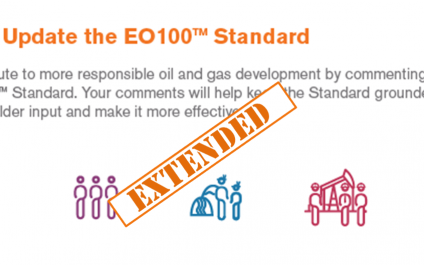
Great news: we've extended the public comment period for the EO100™ Standard!
We've received hundreds of comments on the standard since the public comment period opened in October, but wanted to give all those who intended to make comments but didn't quite make the December 5th deadline a second chance.
EO Brings Drive Toward Responsible Oil, Info on EO Certificates to University of South Carolina
EO President’s Red Carpet Interview at NoHoIFF
The Northampton International Film Festival recently published this interview of EO President David Poritz by Glenn McDonald on the festival's red carpet. The festival ran from October 10th to 12th this year, and "Oil and Water", the documentary featuring Poritz, won the jury and audience prizes for Best Documentary.
